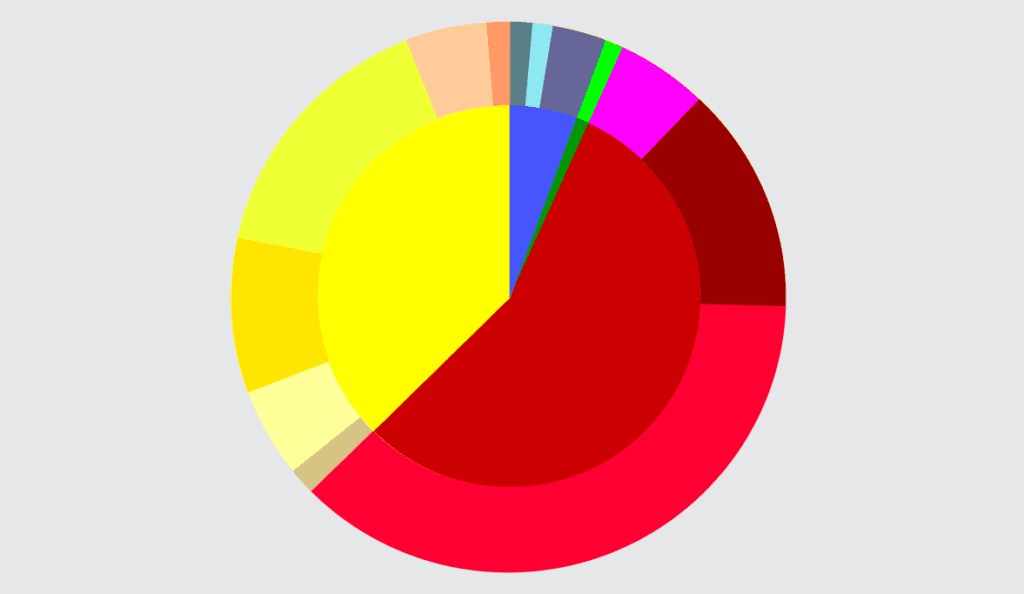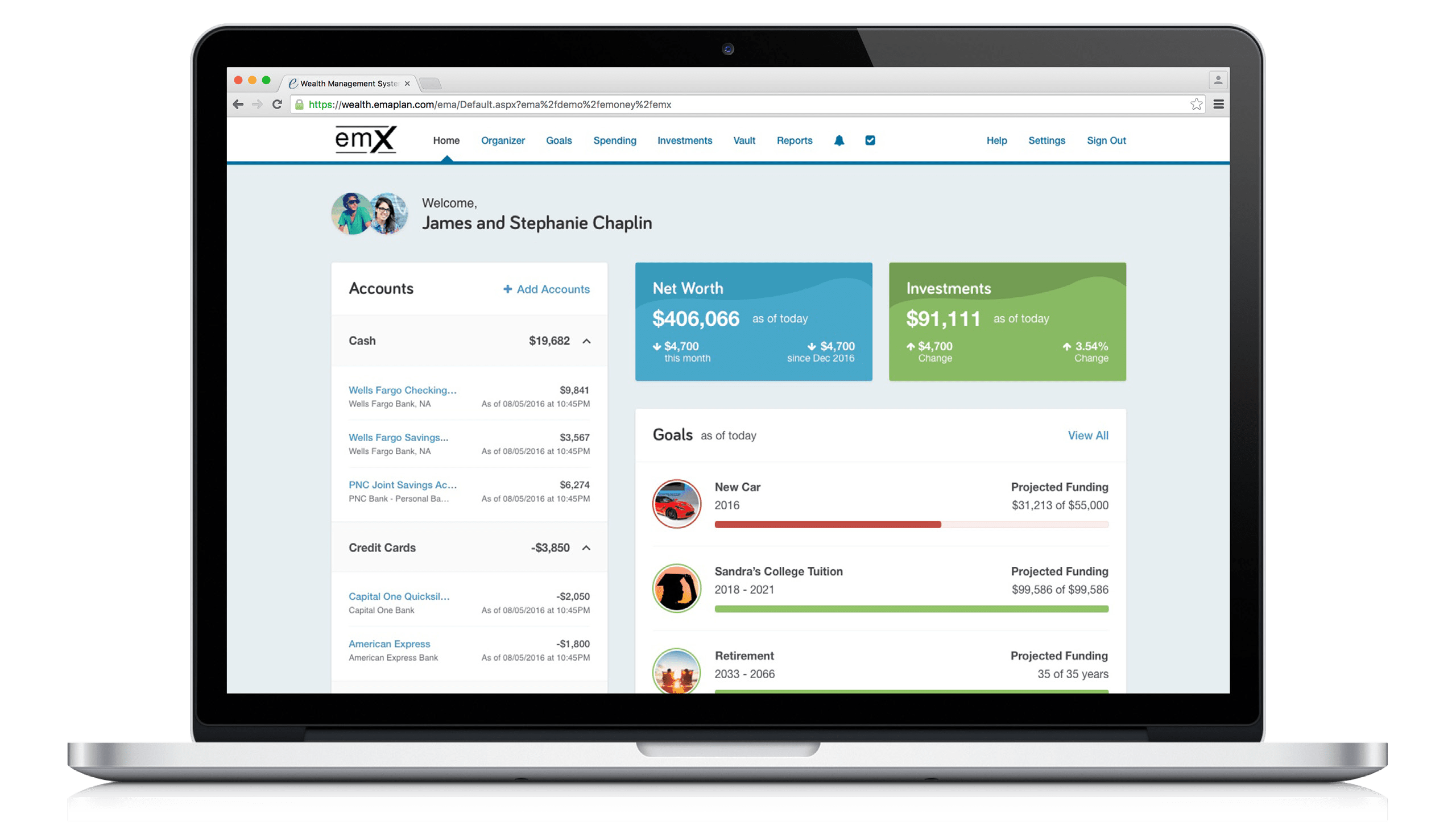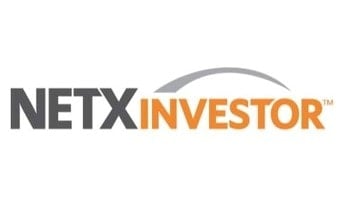That is, in fact, a question on a lot of people’s minds these days. After their precipitous decline, markets recovered at a similarly break-neck speed – not completely, of course, but enough to astonish observers who are expecting events in the ‘real world’ to get much worse before they get better. So naturally the thought is that the markets have to go down again from here. And, assuming that is the case, then what should we do about it?
If you think about it, this is fundamentally a question about the effectiveness of market timing. It presumes that we can successfully ‘time’ our entries into and exits from markets in a way that will reliably enhance our returns over time. In other words, it assumes that we can consistently determine in advance when prices are about to go up and therefore “it’s time to buy,” versus times when they are about to go down, signaling an opportunity to sell and thus avoid a loss in value.
This is a very intuitive and highly appealing idea. Human brains are, by evolutionary design, comparing and forecasting machines. We are always asking ourselves: “What is likely to come next?”
The problem is that this high appealing idea is a pretty complete flop in reality. When it comes to (short-term) market behavior, we are exceeding bad at actually forecasting exactly when to ‘get in’ and ‘get out’ of markets. In fact, there are numerous studies that show not only how difficult markets are to predict in the short- to medium-term, but also how much return is at stake if we fail in our goal – not only to get out of the market at the right time, but also to get back in just prior to when the market turns up again. And it turns out that a failure to get this timing just right, both in and out, has disastrous consequences on long-term returns.
Take a look at the data below. If you had invested $1,000 in the S&P 500 in 1970 and just let it ride, your investment would have been worth approximately $138,908 in August of 2019. Not bad. That is a compounded annual return of 10.37%, despite some disastrous events that occurred during that period. But if you had tried to ‘time the market’, by happenstance being out of the market just 25 of the best investing days during that whole period, your investment would have been worth only $32,763 at the same endpoint. Consider that. Missing just 0.14% of the best days in the market drags down your cumulative return down $100,000.

Don’t get me wrong. I do not disagree that we should expect another market downturn at some point in the future, perhaps sooner rather than later. But, after all, that is what markets do: they move up and they move down. The problem is that no one, to my knowledge, has demonstrated an ability to consistently avoid the losses while capturing the gains.
Here is another thought. From the very beginning of this series of events, I have cautioned people that the markets are frequently disconnected from day-to-day economic reality. The markets are a leading indicator – and not a current or lagging indicator. They see forward; they anticipate what is hoped or feared. Markets crash before a recession sets in (or not), and they almost invariably recover long before an economic recovery is well underway. As a result, if you wait until it ‘feels’ like it’s safe to dip your toe back into the investing river, you are almost certain to miss the best part of the market recovery.
When you invest, you should always expect to experience downturns. The relevant question is whether or not a contribution to your portfolio can be expected to result in an investment gain over the relevant time horizon. In other words, if you invest $10,000 tomorrow, do you have a reasonable expectation of a return in 3 – 5 – 10 – 20 years, or whatever period you hope to invest over? If the answer is yes, then you should invest. If no, then not.
In addition, you cannot tell when – or if – your expected return is going to increase or decrease. Expected returns can go down, as well as up. And in that regard investing is a crazy, crazy activity, because typically when current returns are going up because current prices are going up, expected future returns are going down. That is why one should ideally invest when recent results have been horrible – exactly because it is at that point that expected future returns are the highest. It feels all wrong; but it is also true.
One of the hardest things about investing is learning to look beyond the current 6 – 12 months to the future that you are actually investing for. The fact is, we cannot predict either prices or market movements over the short term. What I do believe we can feel fairly confident in is that 5 – 10 years from now a lot of the misery and troubles that we are going through now will have been largely resolved. There are always worries, of course, but there is upside as well. If you can, learn not to worry about what the market is going to do in the meanwhile, because you don’t know, and you certainly can’t control it.
As a final note and fitting example: Last week I received quite a few notes of concern that the market had nowhere to go from here but down. As of this writing, however, the Dow Industrials are up today almost 885 points (3.75%) on the news/idea that firms are making progress on a COVID-19 vaccine.
Let us not forget the old adage, “Forecasting is very difficult, especially about the future.”
Image by ranjuth ravindran on Shutterstock




1 thought on “The Market Seems Too High. Should I Sell Now?”
Hi Jane,
Wonderful piece!
I ignore the headlines. It’s the long run that matters.
Stay healthy and safe.
Frank